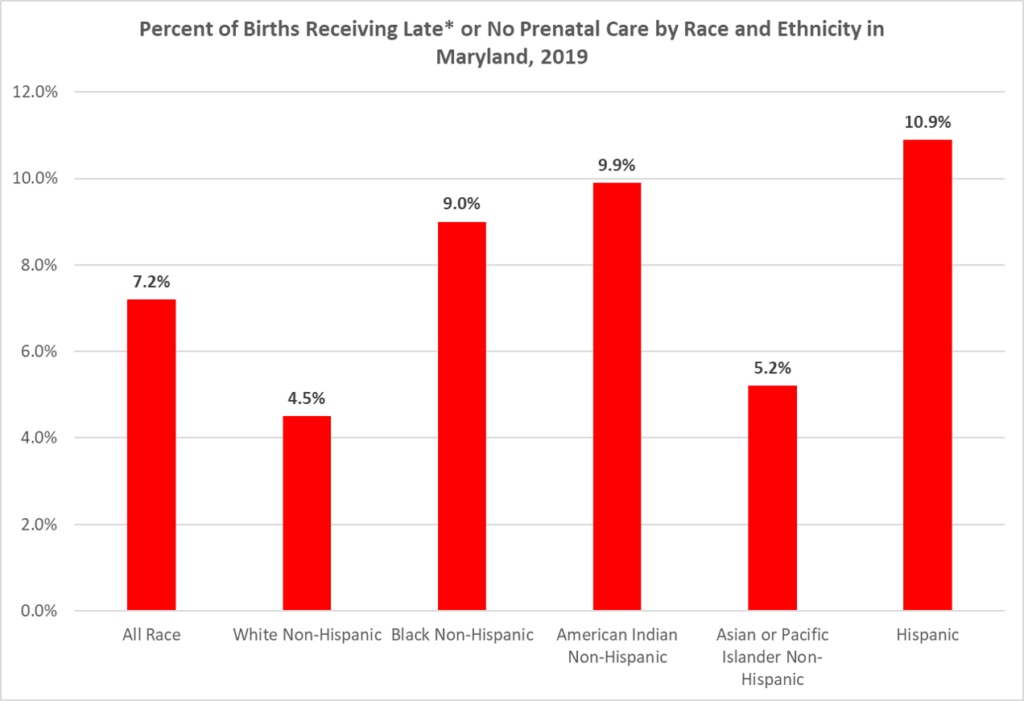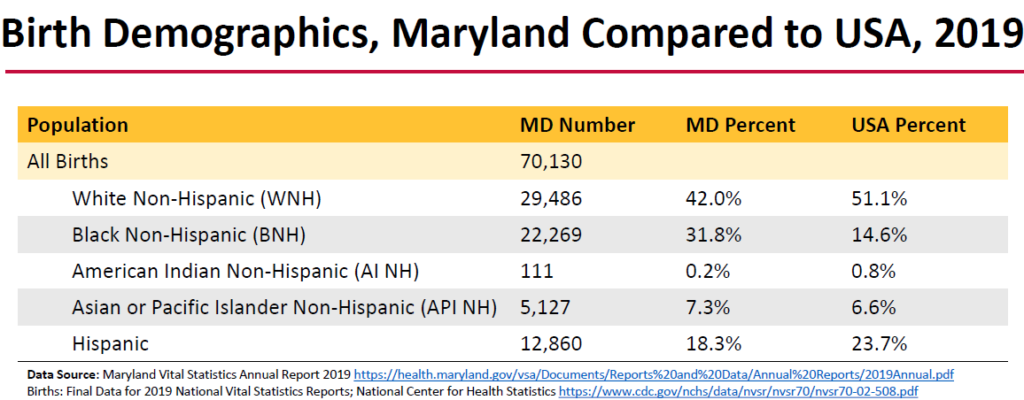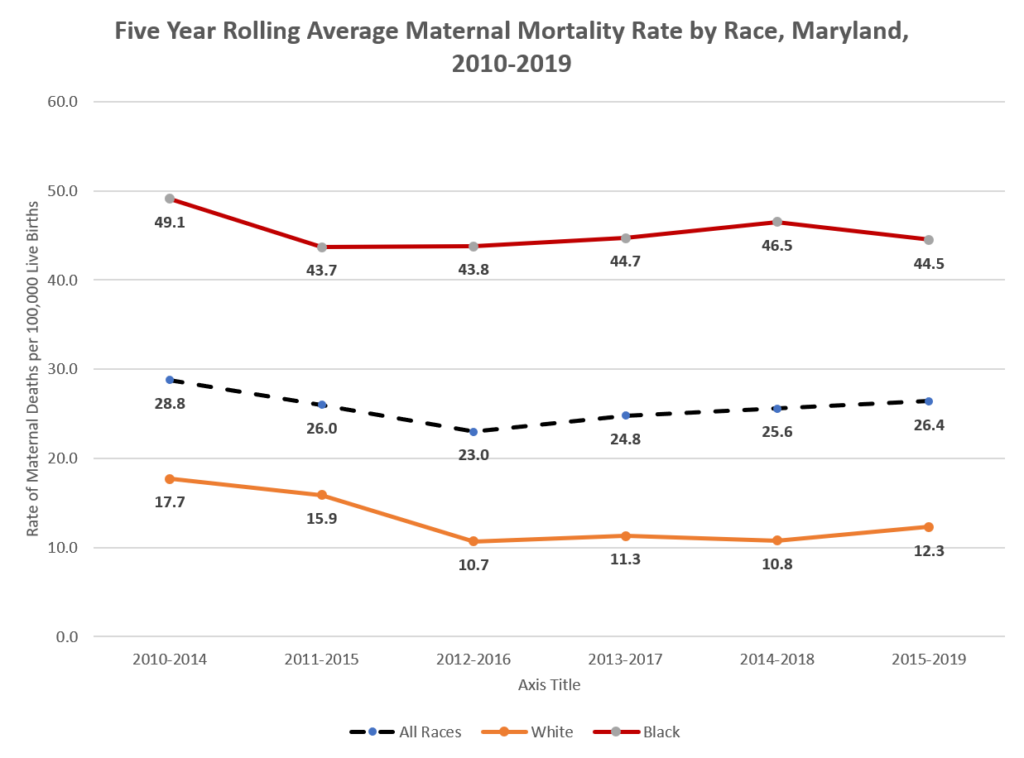This Mother’s Day, Let’s Commit to Equitable Maternal Health Care
For many, this weekend is a time to honor our mothers and the role they played with love and dedication in caring for us while we were growing up. Be it a mother, grandmother or that person who looked out for you when you were growing up, it is a day to honor and show gratitude.
Unfortunately, each year in the United States, hundreds of children do not get to celebrate Mother’s Day with their moms because we are in a maternal health crisis caused mostly by racial disparities in maternal health care. According to the Centers for Disease Control and Prevention, nearly 700 women die each year from pregnancy-related causes. In fact, the US is the only industrialized nation where pregnancy-related deaths are rising. The disparities are stark, with Black women two to three times more likely to die from pregnancy-related causes than white women. The CDC estimates that more than half of pregnancy deaths are preventable.
Sadly, in Maryland the state of maternal health care mirrors the national trend to some extent. It is also worth noting that Maryland has a higher percentage of birth to Black Non-Hispanic Women (38.1%) than the national average (14.6%).
Lack of Prenatal Care
Limited or no access to maternal health care can lead to a range of bad health outcomes including maternal mortality, premature birth, low birth weight, severe maternal morbidity, and increased risk of postpartum depression. All these outcomes have immediate and long-term impact on not just the mother but the child as well. In Maryland, Hispanic mothers have the highest rate of late or no prenatal care (10.9%) which is more than double that of white mothers (4.5%). This is followed by American Indian and Black mothers at 9.9% and 9.0% respectively.
Black and Hispanic women are subject to societal and health system factors that contribute to high rates of poor health outcomes. Racism, sexism and other systemic barriers cause Black women to be more likely to be in low-paying jobs, which means they often must choose between adequate health care and other essential needs. The uninsured rate is also higher among Hispanic and Black women compared to their White counterparts. Uninsured women have a difficult time getting the health care they need before, during and after pregnancy compared to insured women.

*Prenatal care initiated in the third trimester of pregnancy. Data Source: Maryland Vital Statistics Annual Report, 2019. Maryland Department of Health
Infant Mortality and Low Birth Weight
Disparities in prenatal care can lead to negative birth outcomes and infant mortality. In Maryland, the infant mortality rate among Black non-Hispanic women is 9.3 per 1,000 live births which is more than double that of White Non-Hispanic women at 4.1 per 1,000 live births, with the rate for Hispanic women at 5.1 per 1,000 births. Compared to 2010, the infant mortality rate has decreased across all racial groups, but disparities remain.
We see similar outcomes regarding low birth weight. In this case it should be noted that Maryland has a higher percentage of low birth weight babies (8.7%) than the national average (8.3%). 12.6% of low birth weight infants are Black non-Hispanic followed by Hispanic infants at 6.9% and White non-Hispanic infants at 6.6%.
Maternal Mortality
The 2015-2019 average maternal mortality rate shows that the mortality rate for Black mothers is nearly four times that of white mothers. This has been the case for the four previous five-year averages. Those are staggering figures.
Policy Change Can Address Disparities
Maryland policymakers can address these disparities in maternal health and birth outcomes by improving access to critical services, strengthening existing health programs and supporting reproductive health care. We have taken some positive steps in recent years, including the Healthy Babies Equity Act passed this year, but this is an issue that deserves ongoing attention. Proven policy solutions include:
- Screening and treating women at risk for preterm birth
- Addressing racism at the health care provider level and building a more diverse health care workforce
- Eliminating maternity care deserts – communities that lack relevant health care providers
- Offering Black women tools to navigate the health care system such as creating platforms that connect black and women of color to culturally competent health care providers.
- Addressing maternal and infant mental health
- Investing in and expanding access to programs that support families’ basic needs
- Investing in community programs that offer comprehensive services, simplifying enrollment in public benefit programs and funding community-based education and initiatives to support families
- Ensuring diversity and equity in maternal and infant mortality review process.


